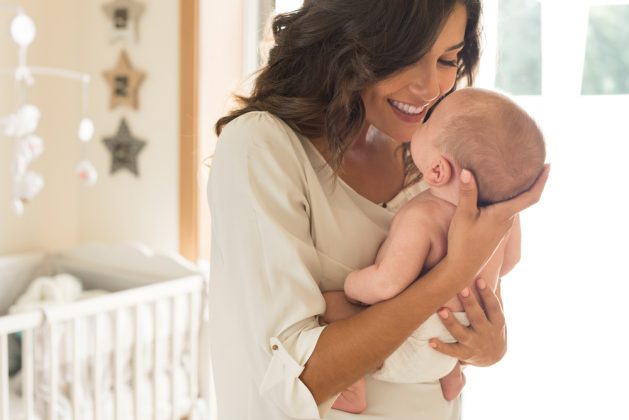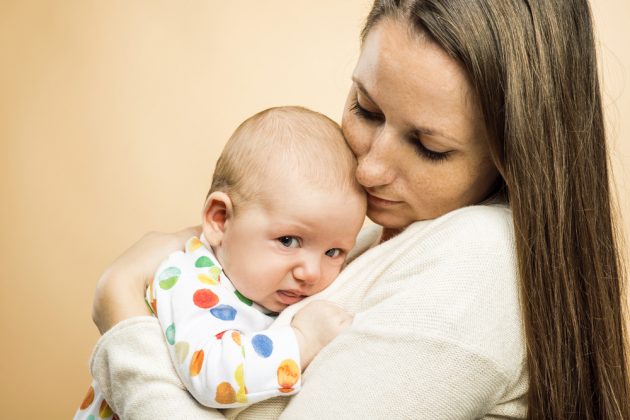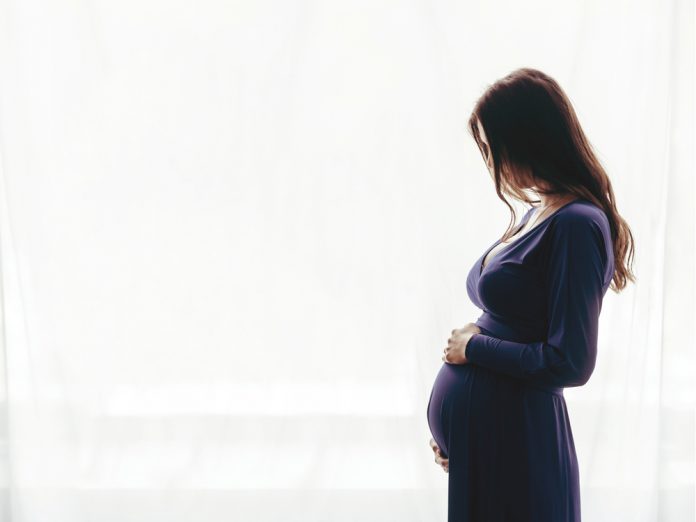As humans continue to evolve and become more aware of how our bodies work, we continue to uncover truths about ourselves that we didn’t previous know.
Take pregnancy for example.
For many years, society agreed that the best time for a woman to have a baby was based on the peak physical condition that most people achieve in their early 20s.
Before that, we believed that women should be having babies even earlier than that to reduce the risks associated with childbirth.
Most of that belief was grandfathered into our society from a time when young girls were married off as part of our culture to keep families going and provide hands to work on farms.
These days however, women have a much different idea of what it means to be a mother, and some surprising research has revealed that the best age to have a baby might be when you are mentally ready for it, not physically ready for it.
It has been previously proven that having a baby after 35 increases life expectancy, and now a new study conducted at the University of Southern California reveals that giving birth after age 35 improves the mental abilities of the mother.
So how old does a woman have to be to be “mentally prepared” for motherhood?

It seems like a loaded question, doesn’t it? After all, no two women are the same, and everyone has their own way of raising children.
Because of this, you might think that it would be hard to pinpoint a time in a woman’s life when she is ready to become a mother.
But research has revealed that the optimal age for a woman to become a mother is after the age of 35.
Now, before you start ranting about the risks associated with older mothers giving birth, consider the mental benefits of it.
Women who are over the age of 35 or at least close to this milestone in their lives are likely to have had several stable jobs and have been able to earn an income on their own.
They are likely to be pretty independent and have already developed their sense of self through living life before having a child.
Younger mothers say 25, go from living with their parents to partying at college to being a mom.
Where does one get the life experience necessary to pass along life’s wisdom?
Sure, lots of women have babies at 25 or even earlier than that, but many of them would tell you that they wished they had finished their degree first, or that they had bought a house.
Having babies later in life is not for everyone

Yes, there are many physical risks associated with having a baby over the age of 35. The risk of the baby being born with congenital disabilities is much higher, but that isn’t a reason not to consider having children after a certain point.
The risks are always there, no matter how old a woman is when she gives birth.
On the one side of the argument you have people who would say don’t have babies at 35, but then you have people on the other side of the argument that would say that women over 35 are more mature and more capable of raising a baby that might have a birth defect than someone who is younger and less experienced in life.
The truth is that there is no right answer – the answer remains to be very personal from woman to woman.
But it’s hard to ignore the argument that being mentally ready is as important, if not more important, than being physically ready.
After all, women can have children following their first menstrual cycle. For some girls, that’s as early as 10 or 11 years old. That might have been how young some of your ancestors were when they were raising babies of their own.
In some cultures, young girls are still having babies.
In today’s Western society, whether a woman is too young or too old should only matter to the woman and her partner.
She’ll love her baby no matter how old she is, and she’ll do the best she can with what she has.
That doesn’t negate the point that there is probably a peak time in someone’s mental capacity to have a child, and according to science, that age is about 35 years old.












